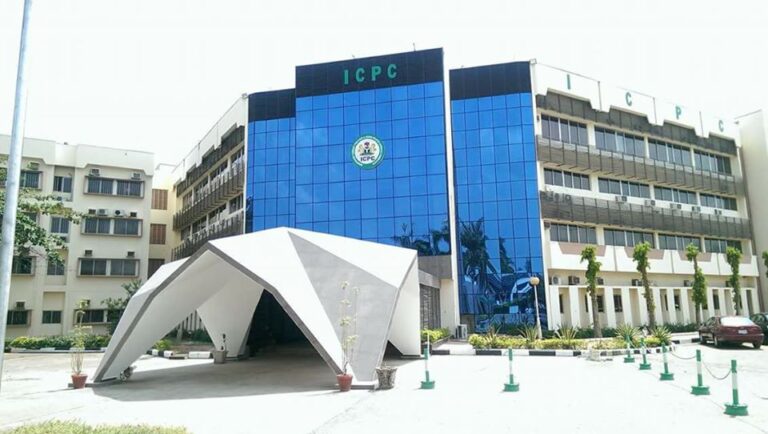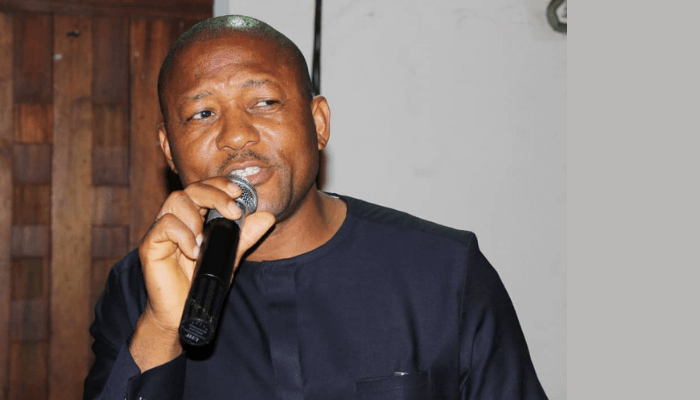
The Independent Corrupt Practices and Other Related Offences Commission (ICPC) has announced a strategic partnership with the Federal Character Commission (FCC) aimed at tackling job racketeering and promoting fair recruitment practices across Nigeria’s public sector.
The collaboration was announced in Abuja during a courtesy visit by ICPC Chairman, Dr. Musa Aliyu, to the Acting Chairman of the FCC, Mr. Kayode Aladele. Dr. Aliyu stated that the ICPC had received numerous complaints from Nigerians, particularly young people, regarding irregularities and manipulation in federal recruitment processes. He warned that job racketeering has become widespread and disproportionately affects youth.
Dr. Aliyu further condemned the growing trend where heads of public institutions are pressured to hire candidates based on ethnic or regional affiliations. He argued that such practices undermine merit, fairness, and national cohesion. Citing one case, he revealed that a state received 6.8 per cent of appointments in a federal agency, while another had just 1.1 per cent, and the Federal Capital Territory got only 0.4 per cent—well below the legal minimum of one per cent.
He also disclosed that, in one instance, a single state secured as many as 94 employment slots within two years while other states remained severely underrepresented. According to Dr Aliyu, Sections 14 and 15 of the 1999 Constitution (as amended) and Section 6 of the ICPC Act mandate both the ICPC and FCC to ensure equity, prevent corruption, and prosecute offenders where necessary. He emphasised that only a coordinated effort between both agencies can restore balance and credibility to the public sector recruitment process.
Responding to the collaboration, the FCC Acting Chairman described the move as timely and commendable, noting that it was the first time both agencies were coming together to jointly address recruitment irregularities. He reaffirmed the FCC’s commitment to ensuring the equitable distribution of employment opportunities in line with its constitutional mandate.
Aladele clarified that the FCC’s responsibilities extend beyond employment oversight. He noted that the Commission is also tasked with ensuring fair allocation of infrastructure and public services across the federation. In line with this broader role, the FCC has established a dedicated directorate to monitor the distribution of national infrastructure.
He assured the ICPC of the FCC’s full support in the clean-up of the recruitment system and reiterated the Commission’s readiness to act decisively. He added that the FCC reports directly to the presidency and possesses the political will to enforce its mandate. Describing job racketeering as a national threat, Aladele pledged that the FCC would stand firmly behind efforts to restore integrity and fairness in public sector hiring.












